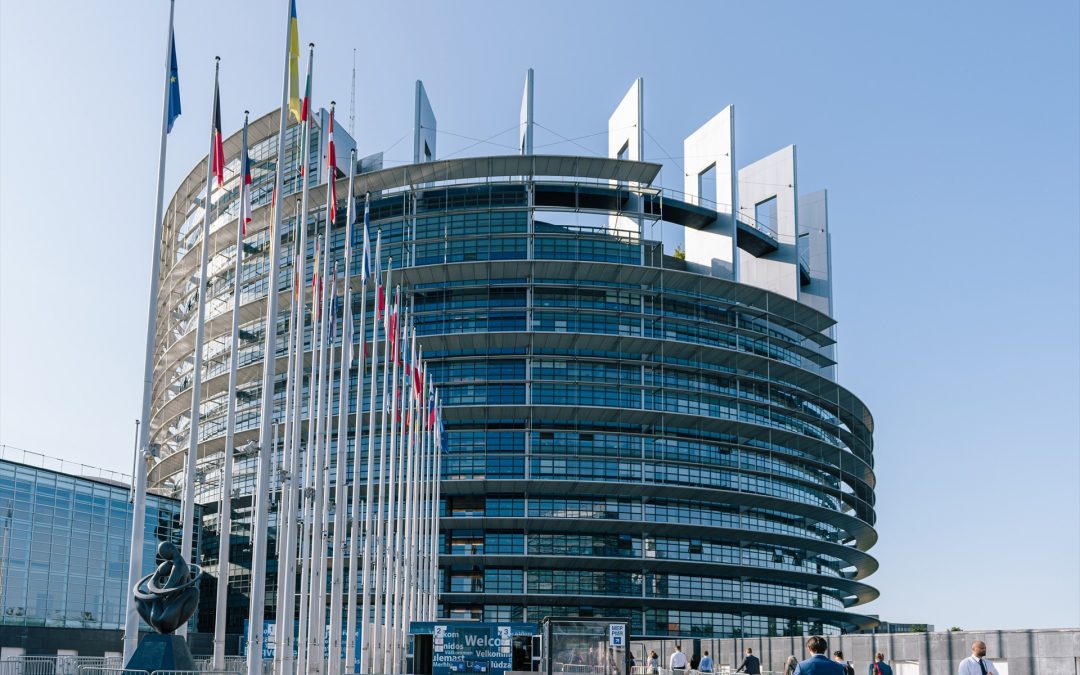The Polish delegation in the European People’s Party in the European Parliament submitted a motion on Wednesday to convene a special meeting of the Committee on Civil Liberties LIBE regarding Germany’s reintroduction of border controls. We cannot condemn Orban while turning a blind eye to Germany – said MEP Bartłomiej Sienkiewicz.
The Polish delegation’s proposal was presented at the Wednesday meeting of the European People’s Party (EPP) group in Brussels by Sienkiewicz. “We want the European Parliament to address institutionally what happened in Germany. Naturally, LIBE (the European Parliament’s Committee on Civil Liberties, Justice and Home Affairs – PAP) is the natural choice here,” said PO’s MEP to PAP.
This concerns the decision announced on Monday by the German Minister of the Interior Nancy Fraser to reintroduce temporary controls at all of the country’s land borders from September 16. The restrictions are initially expected to last for six months, although there are already public speculations that they could extend to two years, coinciding with the implementation of the new EU migration pact. Germany’s sudden decision has angered some EU member states, including Poland; Prime Minister Donald Tusk called the move “unacceptable”.
According to the rules regarding the Schengen zone, to which Germany also belongs, a member state has the right to temporarily reintroduce controls at its internal borders, provided that such measures are “necessary” and “proportional”.
The Polish delegation in the EPP has doubts about the necessity of the restrictions, hence the idea of examining the issue by LIBE.
“We want to establish the basic facts. What were the reasons for taking such a drastic step? Why were European partners not informed earlier about such an intention so that they could prepare and engage in dialogue with the German side? Why were the restrictions introduced for so long, and what impact will this have on Germany’s security?” Sienkiewicz said in an interview with PAP.
The politician emphasized that MEPs do not rule out that Germany might have serious reasons for reintroducing controls, but believe they should be presented – especially against the backdrop of speculations that this is a reaction to the electoral defeat of the current ruling coalition in two eastern German states where the far-right Alternative for Germany (AfD) won.
“This is too important, too significant a country in the EU to overlook such a drastic step by the German authorities. All the more so, since there is a justified suspicion that it was prompted not by a particular influx of refugees, but simply by post-election political panic,” Sienkiewicz commented. He added that if this suspicion turns out to be true, it would mean that the anti-migration AfD has already achieved success, even though it has not yet won the elections.
He stressed that it cannot be the case that the EU condemns Hungarian Prime Minister Orban for protesting against EU migration policies and threats of sending buses of migrants to Brussels, while turning a blind eye to one of the Community’s most important countries imposing a border blockade.
The PO-PSL Polish delegation informed that it is waiting for a response from EPP leader Manfred Weber, LIBE chairman, Spaniard Javier Zarzalejos (also from EPP), and EPP coordinators in this committee. According to the schedule, the next LIBE meeting is to take place on September 30. However, it is not yet known whether the issue of Germany will be on the agenda. “That would be a decent term,” Sienkiewicz assessed.
On Tuesday, the European Commission’s spokesperson, Anitta Hipper, commented on Germany’s reintroduction of controls, informing that the EC received information from Germany and is now examining the “justification and proportionality” of the country’s reintroduction of border controls. (11.09.2024)
 go to the original language article
go to the original language article
